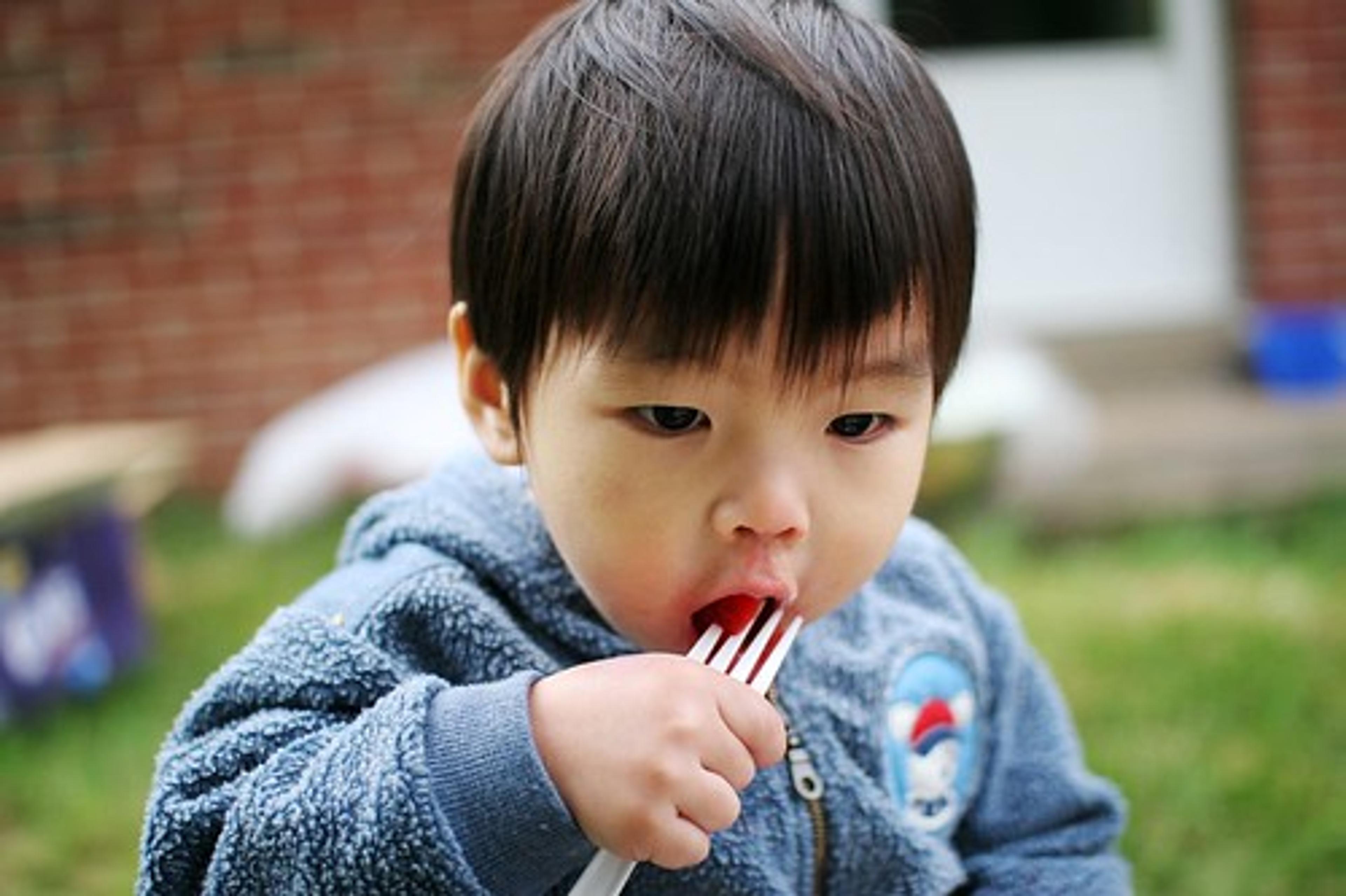Teaching kids healthy eating habits early leads to a healthier future
Heidi Watson
| 3 min read

Since my son was born he has been called a string bean. He has always been in the 90th percentile for height and the 10-15th percentile for weight. Long and lean. He has been growing right on track and along his curve for two years. He has always been a pretty good eater, loves his fruits and vegetables, but put a piece of cake or a cookie in front of him and he will tell you “I no like cake.”
Now that he is becoming more independent and trying to make his own choices, I find meal times have become more of a struggle. If it was up to him right now he would eat a Nutri Grain bar every night for dinner. So, when I look at his plate and he barely touched it and he tells me he is full, I have to wonder is he or does he just want to go play, and then in ten minutes will he tell me he is hungry. What do I do in those situations, do I force him to eat, or let it play out? How do I know when he is getting enough? And how do I continue to let him have some independence over what he eats but still make sure that he’s getting the right nutrients? I know this is the ideal time to be teaching him about healthy eating habits, as these will likely be the ones he will carry with him into the future.
The good news for us concerned parents is according the American Academy of Pediatrics it is completely normal for toddlers to have fluctuations in their eating habits. Some days they will eat good, and others they won’t and it will usually balance out in the long run. Here are a few pointers though to help provide them with a well balanced, healthy diet.
- Make sure you are serving child size portions. The correct serving size is 1 TB of each food for each year of your child’s age.
- Give less than you think your child will eat. Let your child ask for more if they are hungry.
- Offer all food groups at every meal, and encourage your child to eat a variety of foods by modeling good eating yourself.
- Don’t force it. If they are fighting to swallow those last few bites of carrots, forcing them to finish them can have a negative impact. It may teach them to ignore his hunger and fullness signals, and that can lead to overeating and weight gain later in life.
- Don’t let them fill up on milk and juice. Drinking more than 20 ounces of milk and six ounces of juice a day, could make them full and not hungry for the more nutritious options at meal time.
For other helpful tips you can check out these guidelines from the American Academy of Pediatrics. I have tried some of these already and have seen an improvement already. Meal time is much less of me trying to convince him that Spiderman eats carrots, and yes, Batman too, and more of us enjoying a healthy meal together.
What are some tips you have used to teach healthy eating habits early?
Photo Credit: mjmyap





